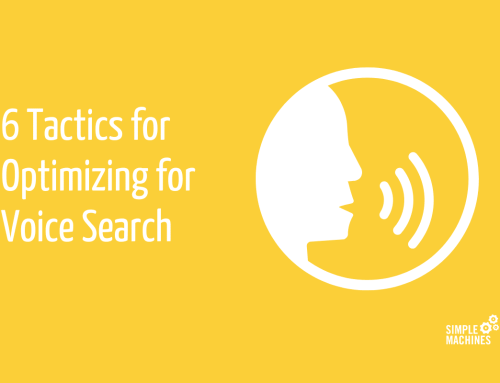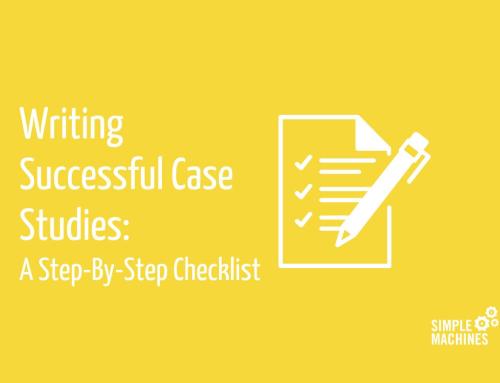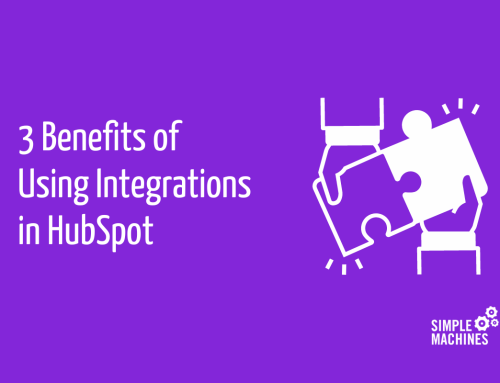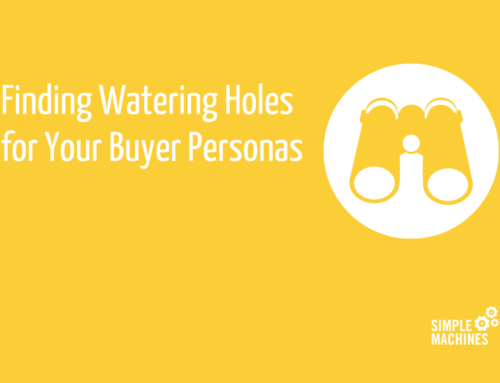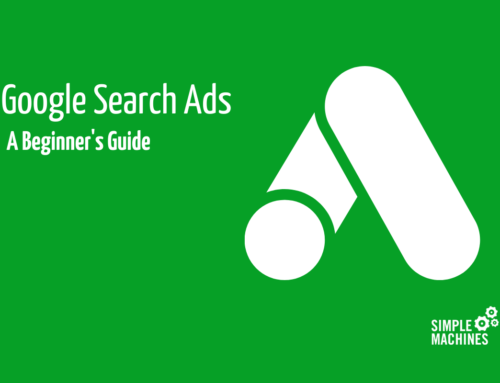
Customer relationship management (CRM) systems are vital to the success of any business. Beyond just serving as systems where you can store your customer and lead contact information, CRMs allow you to manage the sales process from start to finish, guiding leads to become customers and then keeping them happy.
If you doubt the impact a properly managed CRM can have, then consider the fact that businesses that do not employ a CRM see 79% of leads fail to convert to sales, while those that do see a 65% boost in sales quotas.
Here’s why the right CRM can be so advantageous for your business.
What Can a CRM Do?
If you’re unfamiliar with everything modern CRMs are capable of, taking a look at all HubSpot can do will serve as a good introduction:
- Manage deals and assign tasks to your team
- Send mass emails, create email workflows and record sales calls
- Manage your social media profiles
- Create lists, forms and landing pages
- Build lead flows, plot out an editorial calendar and oversee marketing campaigns
- Record extensive contact information
- A wide range of sales tools and much more
Being able to accomplish all of this in one centralized location with access given to your entire team is invaluable. It saves time, cuts down on busy work coordinating between multiple systems makes collaboration across your sales and marketing much easier and is more scalable, which is very important to growing businesses.
Let’s dive a little bit deeper into why.
Tracking Leads
Without a CRM, your options for reaching out to leads are limited in both scope and opportunity. CRMs allow you to track a lead’s visit on your website, forms they complete to download your content and see which of your services or products they’re interested in.
This information allows you to personalize your marketing and messaging directly to that lead — essentially crafting a unique experience based around their specific needs.
Let’s say a lead you met at a trade show visited your website and downloaded a whitepaper. With a CRM, you could have a notification sent to the account owner of the lead letting them know of the download. The owner could then click on your lead’s profile within the CRM and see what other pages they visited or interacted with.
This information is invaluable as it provides insight into the lead’s interests. The account owner could then follow up with an automated email asking if the lead has any questions about the download and if they’d like to discuss further.
This is a huge advantage over competitors in your field who lack a CRM. You can contact prospects with the right messaging at the right time, increasing the odds that they ultimately become customers.
The Value of a Pipeline
CRMs also provide clarity to your sales pipeline. This is essentially a snapshot of where your leads are within the sales process, giving you the opportunity for sales forecasting and long-term strategic planning. By being able to track your leads, you can see who is close to making a decision, who still needs some convincing, who is just becoming aware of your business and, based on your close rate, how to value leads at each stage of your pipeline.
Furthermore, without a CRM, you might be forced to rely on the performance of past years to set your current goals. A CRM allows you to track your sales team’s performance, monitor where your leads are in the sales pipeline and adjust your goals accordingly.
This gives you the opportunity to make more strategic adjustments on the fly throughout the year and get a more accurate visual of your company’s performance, while also helping to increase revenue overall due to these adjustments.
Team Collaboration
We’ve previously stressed the importance of a sales and marketing team working in harmony, but it’s worth noting that this task is much easier with a CRM in place. Through a CRM, every member of both your sales and marketing teams can see where contacts are progressing in your pipeline.
Let’s say a member of your marketing team notices that you have a glut of leads at the end of the sales process who haven’t taken the final step to make a purchase. In this scenario your marketing team can see where there is an opportunity and create more decision stage content to help sales close these deals.
Risk Management
Since a CRM is a centralized hub where you can store all your valuable information, it eliminates the needs for different sales associates to maintain their own excel files full of prospects (likely saved directly onto their computers hard drive), each with different categories and formatting.
What happens if that sales representative is let go or finds a new job? Imagine the difficulty in first accessing that database then moving those leads over to a new sales person — who then has to figure out your previous employee’s formatting. And that’s not to mention that the former employee might just take the leads with them when they go or delete the file anyway.
With a CRM, all your contact information can be uniformly formatted, easily assignable to a new team member and, most importantly, safe. Most CRMs let you set restrictions for who can download contact information, for example, keeping this essential information safe and protecting against the worst-case scenario outlined above.
Which CRM is Right for You?
So, now that you know why you need a CRM for your business, how should you go about finding the right one for your organization? For a deep look at what sets various CRMs apart, review comparison guides like this.
Once you’re reviewing these options, schedule demos with the CRM providers that seem like a good fit for you and make sure they answer all your questions. Ensure they provide an excellent support system that will help you through the early stages of getting familiar with your new system.
If you already work with a marketing agency, rely on them for guidance and help implementing your new CRM, or find an agency you can trust who will help you through this process and do the research themselves to ensure you have the right CRM for you.
It takes work, but having the right CRM in place at the end of the day is worth it.


